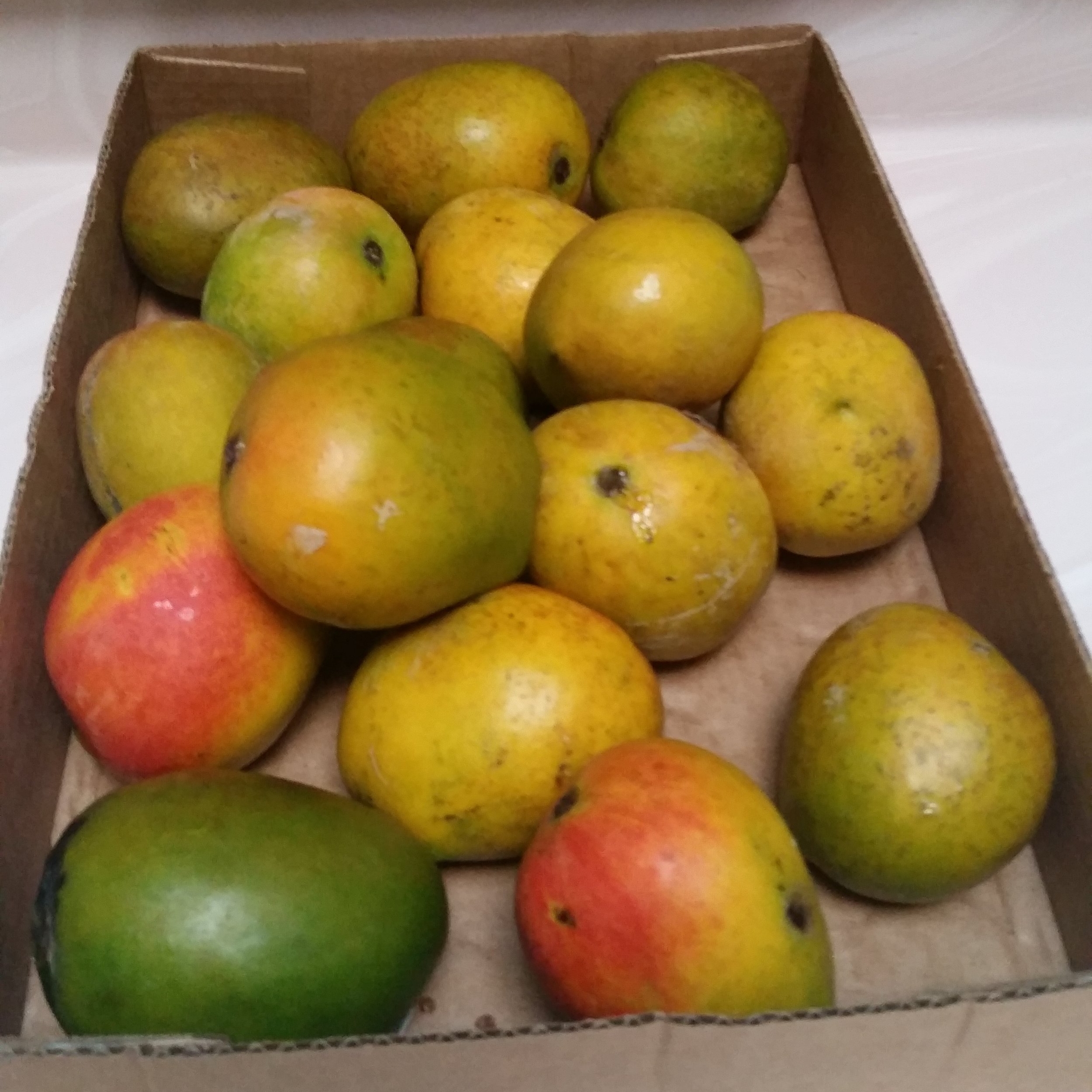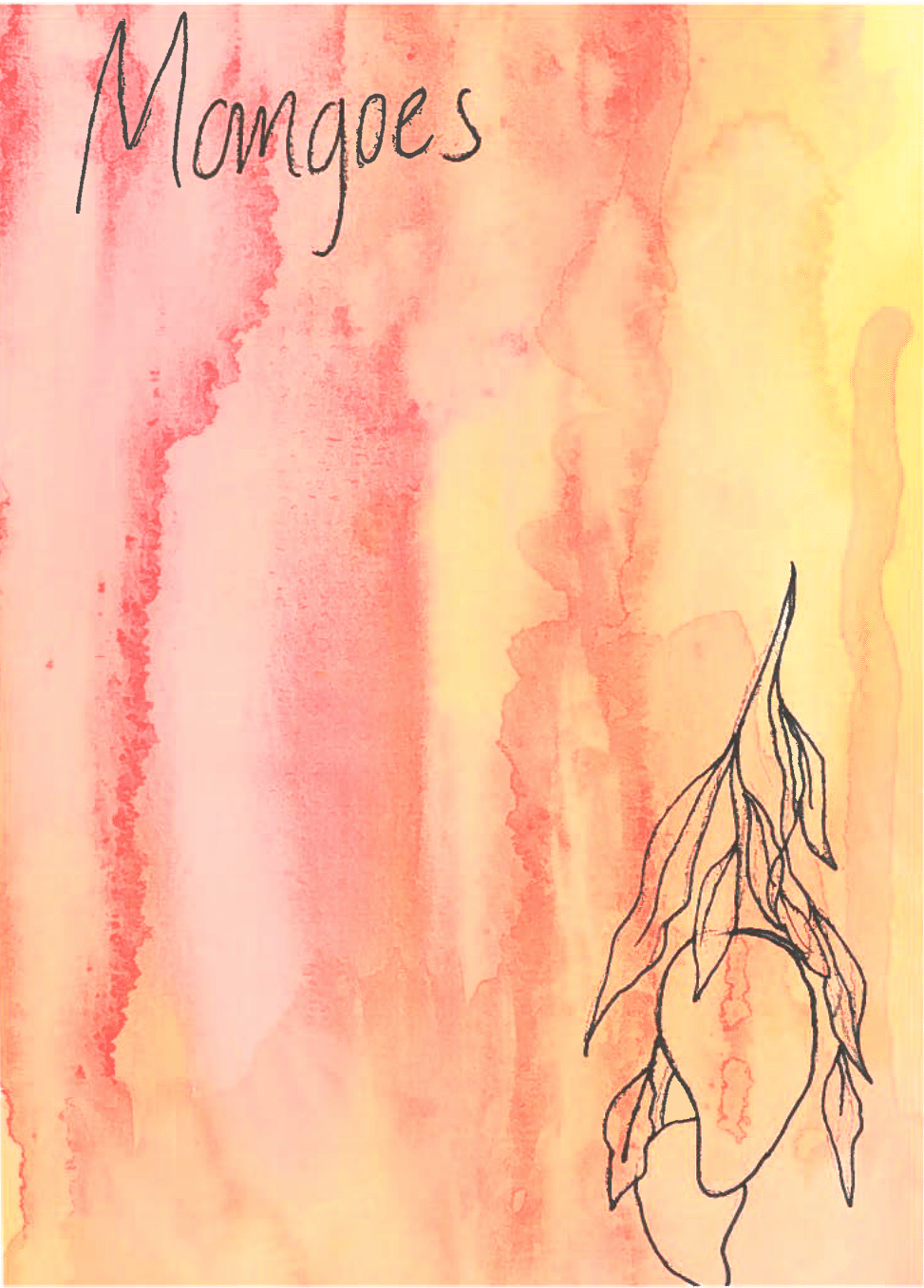Mangoes
Hānai. Adopted.
Two years ago I became hānai daughter to a family in Hawai'i. After spending the morning hiking Maunawili Trail, wading knee-deep for crawfish and eating mountain apples, my friend’s mother turned to me and said, “Let’s take a family picture. Me and you. My hānai daughter.” Standing there in the pool of a well-known waterfall, we became family.
When I informed Marcie of my intent to stay in Hawaii for this most recent summer, she simply replied, “Your room is ready for you.” She called me while I waited to board the final leg of my flight, “Should I make dinner for you?” “No, no. That won’t be necessary. I am coming in so late, but thank you. I will see you soon.” Six hours later I was not surprised to be sitting at her kitchen table eating adobo rice, pancit, and chicken skewers. As I stored away my leftovers and washed my bowls, Marcie said goodnight. Before I had rinsed the soap off my hands, she came back to tell me, “I have mangoes in the refrigerator for the morning.”
I called my hānai sister from my bed in the morning. “Where are you?” I asked. “At home. Where are you?” “At home.” I threw down my phone and threw open my door and embraced my sleepy sister. As we stood there holding each other in the hallway, I smiled at Katie’s disheveled hair and oversized clothes. We really barely knew each other, having only spent a day or two together at most before this hug. But through hānai, we were sisters. “There’s mangoes in the fridge,” she said as she took my hand and led me to the kitchen, “Are you hungry?”
I know what it means to be hānai even though I was not raised in Hawai'i. Before I was hānai I was already adopted.
This project is an autoethnography about my experience as someone who has been twice adopted. This multimedia project explores how local knowledge in the context of Hawai'i is taught and learned and how the experience of learning this local knowledge charged me to learn more about myself. Told in a series of images and written vignettes, this project considers how learning local knowledge in Hawaii and embracing my identity as hānai has helped me to better understand the way I view the world as a twice adopted daughter.


